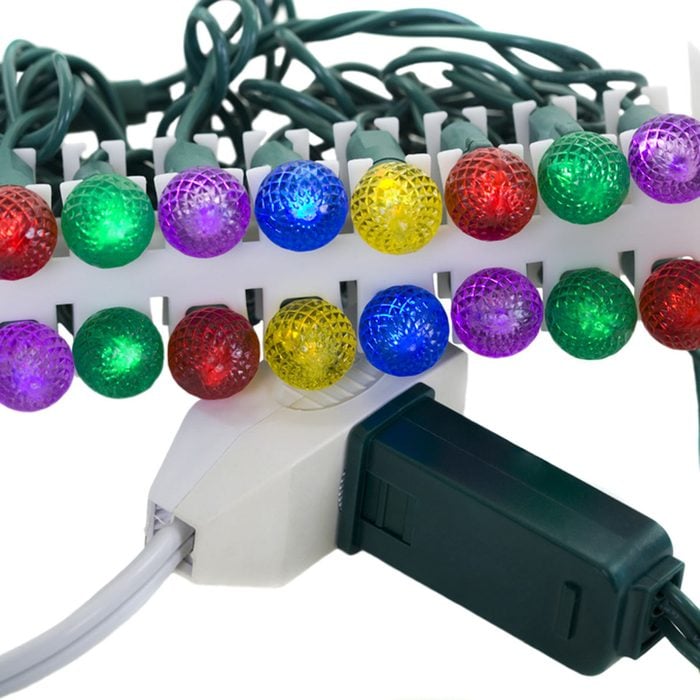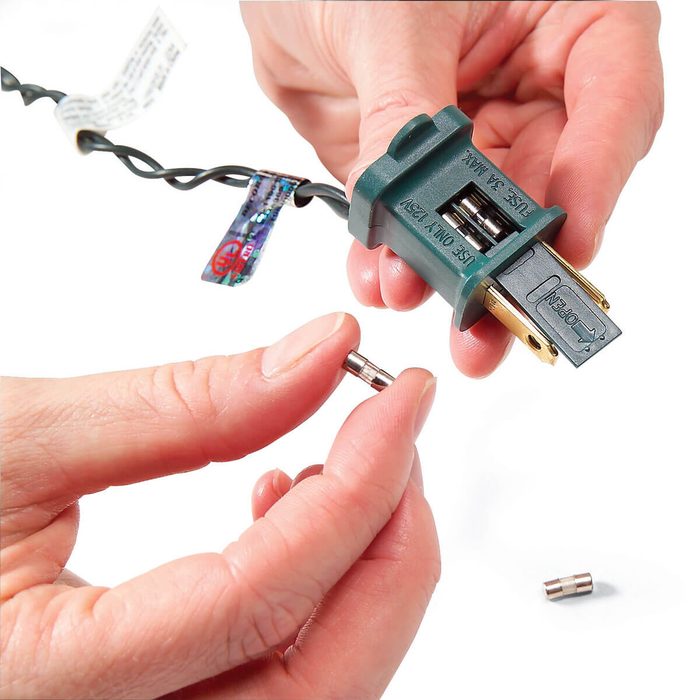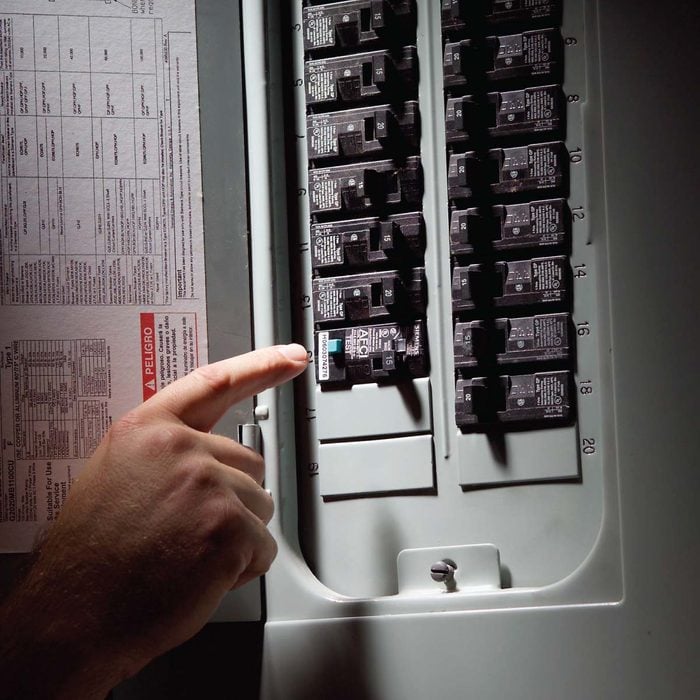Bad Bulbs
Bulbs burn out, especially with light strands you’ve had for a few years. One bad bulb can cause part or the entire strand of lights to stop working. That’s true of incandescent and LED lights.
If it’s just half the strand that’s out, often times the bad bulb is the first one that’s dark. If the entire strand is out, you’ll have to go through and check each bulb.
The easiest and fastest way to solve the latter problem is finding the trouble spot with a light tester. If you can’t get your hands on one, you’ll have to go through the strand and check each bulb. Light testers are relatively inexpensive, and they’re worth having because of the potential time saved.
Once you’ve found the bad bulb, just replace it. Check the light strand again and you should be on your way.
Loose Bulbs
Light strands are in storage most of the year, and it often causes bulbs to come loose. It’s best to check for loose bulbs as you unpack light strands. If you find one, just click it back into place.
Blown Fuse
Most light strands have fuses hidden in a small compartment in the plug. To tell if it’s a bad fuse causing the problem, just pull them out and see if the filament is broken. If you can’t tell, try replacing each fuse one at a time with a new one and see if that does the trick.
Tripper Breaker or Faulty Electrical Outlet
We take it for granted that whenever we plug something into a socket, the juice is there. But sometimes it’s not.
If you plug in a strand of lights and it doesn’t work, check the breaker box to make sure you haven’t blown a fuse. If that’s the case, just reset the breaker. If it happens again, you should find another outlet so you don’t overload the circuit.
Moisture in the outlet, lights or a cord can cause a breaker to trip, too, something to consider for outdoor lights especially. If you’re using extension cords, make sure they’re rated for outdoor use to handle the elements.
Waterproof covers for outdoor sockets help, too. You may have to use a different outlet, perhaps one tucked under the soffit and protected somewhat from rain and snow.
Broken or Frayed Wires
Broken or fraying wires can also cause your strands to stop working. If that’s the case, don’t use those lights. Replace them immediately and recycle the old strand.
Using holiday lights safely should be at the top of your mind when decorating for the season, and exposed or fraying electrical wires are a fire hazard.




